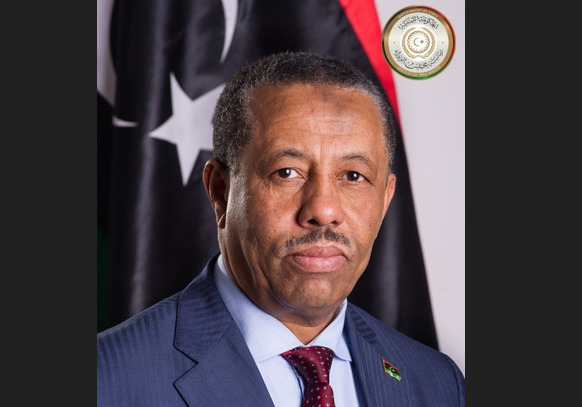

Tripoli: The future of Libya’s internationally recognised government was uncertain yesterday after Prime Minister Abdullah Al Thinni threatened to resign, and as the latest UN-brokered peace talks ended amid optimism about a deal.
Thinni made the resignation threat during an emotional live television appearance in which he faced a barrage of angry questions from citizens, but it was unclear whether he planned to follow through. His remarks added to the political uncertainty as Libya’s rival factions met for a second and final day.
A UN statement said the talks in Geneva had been held in a “positive atmosphere” and that there was optimism that the process of dialogue was approaching its final stages. The parties “underscored their determination to conclude the dialogue process as soon as possible”, aiming for the coming three weeks, followed by adoption of a political agreement and formal endorsement at the “beginning of September”.
In a Tuesday night talk show, citizens blamed Thinni’s government for the lack of basic services, such as electricity, and poor security in areas it controls. “If my exit is the solution, then I announce it here,” Thinni said. “My resignation will be submitted to the parliament on Sunday.”
But government spokesman Hatem El Ouraybi said Thinni’s promise had been conditional. “The prime minister said during the interview that he would resign if people wanted him to. That’s it,” Ouraybi said. He said no resignation letter had been submitted to parliament.
Libya has two rival governments and parliaments vying for power, as well as several militia groups battling to control its oil wealth. The country is gripped by unrest, with Benghazi caught in a daily war between pro- and anti-government forces.
Thinni’s government has been working out of the small eastern port of Tobruk near the Egyptian border since an Islamist militia alliance captured Tripoli last year. A partial peace deal aimed at restoring stability was reached last month, but leaders of the Islamist-backed General National Congress that sits in the capital boycotted the pact, calling it “unsatisfactory”.
UN special envoy Bernardino Leon has urged the camps to reach a deal on a unity government that could enforce a ceasefire. He laid out an ambitious timetable, calling for a comprehensive agreement before the next UN General Assembly meeting in September, although he warned the process would be difficult.
Representatives of both factions were seen together in the same room with Leon a day after he told reporters he was meeting them separately but hoped to eventually get them in the same room. Delegates said a key sticking point was the future role of controversial General Khalifa Haftar, installed by the Tobruk government as its army chief in March.
AFP